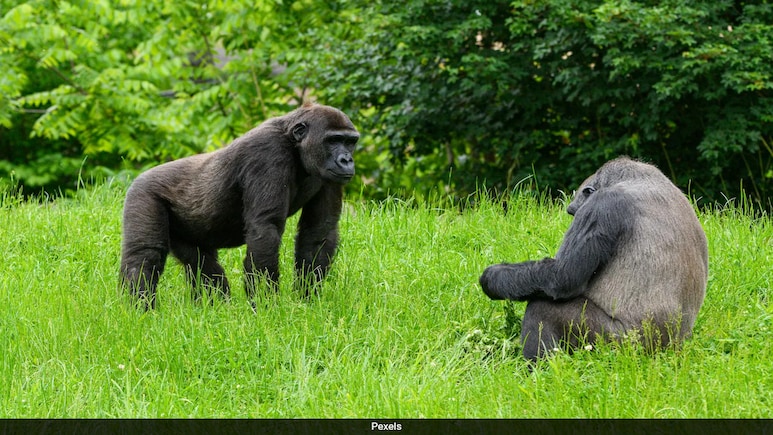
New research from Rwanda has revealed that social bonds between female mountain gorillas are far more significant than previously believed. A study conducted over two decades in Volcanoes National Park shows that when female gorillas join new groups, they actively seek out and reconnect with other females they've known before. Even after years of separation, the newly arrived gorillas tend to form alliances with familiar companions, suggesting strong and lasting emotional ties among the great apes. This long-term research sheds new light on gorilla behaviour and the depth of their social connections, especially among females.
The study, published by two researchers from the University of Zurich and continuously monitored by the Dian Fossey Gorilla Fund in Rwanda, also suggests that females avoid any group with males they grew up with.
According to the authors of the study, it reveals that females do not disperse randomly. Broad group traits such as group size or sex ratio did not seem to matter, but past social experiences did, with females avoiding males they grew up with and seeking out females they already knew. 'Because female mountain gorillas do not know with certainty who their fathers are, they might rely on a simple rule like 'avoid any group with males I grew up with' as the likelihood of them being related will be higher than with males they did not grow up with,' says lead author Victoire Martignac, a Ph.D. student from the Department of Evolutionary Anthropology.
And this rule is not just based on familiarity but also on its context. 'Because females can disperse multiple times, they will become familiar with many males from different groups,' explains Martignac. 'Yet, when choosing their next group, they only avoid males they grew up with. This really tells us that it's not just who they know that matters but how they know them'.
'Going into a new group could feel pretty scary, with individuals usually entering at the bottom of the social hierarchy. A familiar female might help reduce this, providing a social ally,' adds Dr Robin Morrison, senior author of the study. 'It could also act like a recommendation from a friend - if a female they know has chosen to stay in this group, it could indicate positive things about the group as a whole or the dominant male leading that group.'
The study also found that females that had spent at least 5 years together and that they had seen in the last two years were the most influential. 'Investing in these relationships clearly matters. Spatial separation can be ephemeral, with individuals being reunited in the future, easing the difficult process of starting over in a new social group,' Morrison says.
Track Latest News Live on NDTV.com and get news updates from India and around the world

